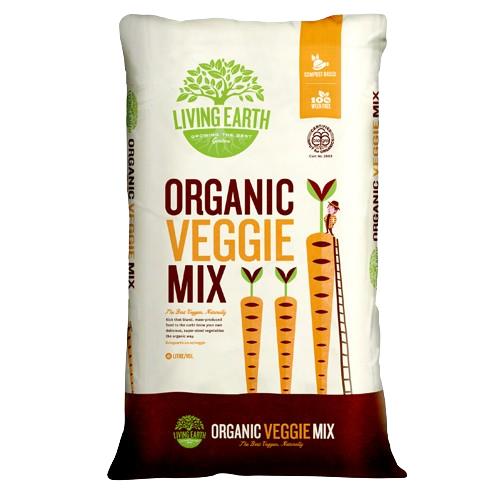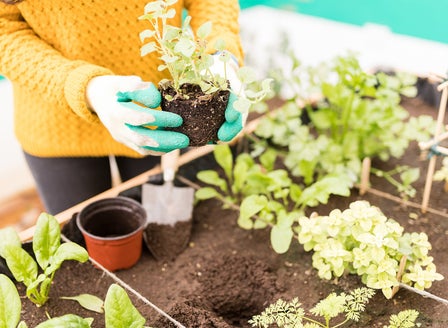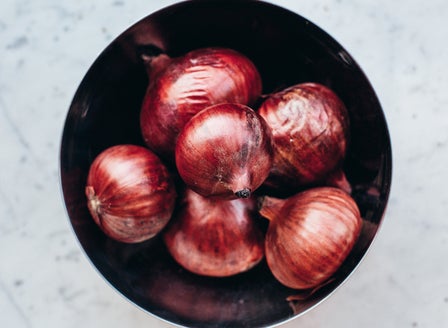Onions are a staple ingredient in many dishes, adding flavour, colour and texture. While they may make you shed a tear or two they are a worthwhile addition to any vegetable garden.
Planting Calendar
Sow in spring for a autumn harvest or in autumn for a spring harvest.
Harvest In
10-26 weeks
Harvest your onions in summer or autumn once the tops start to die back. Dig the bulbs up and leave them on top of the ground to dry for a week. Once a week is up move them to a dry place, spread them out so that the air can circulate around them, leave them like this for about two weeks or until the outer skin is fully dry and brown. Then store your onions in a cool, dry ventilated space.
Prepare
Position
Onion likes a position in full sun with free draining soil with plenty of organic matter.
Soil
When planted into the ground onions like a free draining soil that is rich in organic matter. To improve the organic content in your soil, break up the soil and add Kings Compost, Kings Sheep Pellets along with some Nature's Organic fertiliser then mix together well. When growing in containers, plant into Living Earth Organic Vegetable Mix with Saturaid added to assist with dispersing water down to the roots.
Plant
Onions can be sown directly into the garden, raised beds or containers that are at least 30cm deep. Or sown into a seed tray with Organic Seed raising mix and transplanted out once they are about 10-12 cm tall. Gently remove the seedling from the tray and plant into the vegetable garden. Space plants 10-15 cm apart so they have plenty of space to grow. Take care when transplanting so that the young soft roots are not damaged. Gently firm the soil down after planting and water in well with Aquaticus Garden Booster, this will help the seedlings settle in.
Care
Expert Tip
Onions are a great companion plant for tomato, strawberries, and lettuce due to their ability to deter some bugs.
Top Varieties
Frequently Asked Questions
What is the best time to plant onions?
The best time to plant onions is in early spring or late autumn. Onions prefer cooler weather to establish their roots before the heat of summer.
How do I prepare the soil for planting onions?
When planted into the ground onions like a free draining soil that is rich in organic matter. To improve the organic content in your soil, break up the soil and add Kings Compost, Kings Sheep Pellets along with some Nature's Organic fertiliser then mix together well. When growing in containers, plant into Living Earth Organic Vegetable Mix with Saturaid added to assist with dispersing water down to the roots.
How often should I water my onions?
Onions need plenty of water to produce decent sized bulbs, particularly when these start to form in November and December.
How do I know when my onions are ready to harvest?
Harvest your onions in summer or autumn once the tops start to die back. Dig the bulbs up and leave them on top of the ground to dry for a week. Once a week is up move them to a dry place, spread them out so that the air can circulate around them, leave them like this for about two weeks or until the outer skin is fully dry and brown. Then store your onions in a cool, dry ventilated space.
How do I prevent pests and diseases in my onion crop?
Practise crop rotation and avoid planting onions in the same spot each year. Keep the area weed-free and use organic pesticides if necessary. Good air circulation helps prevent fungal diseases.








